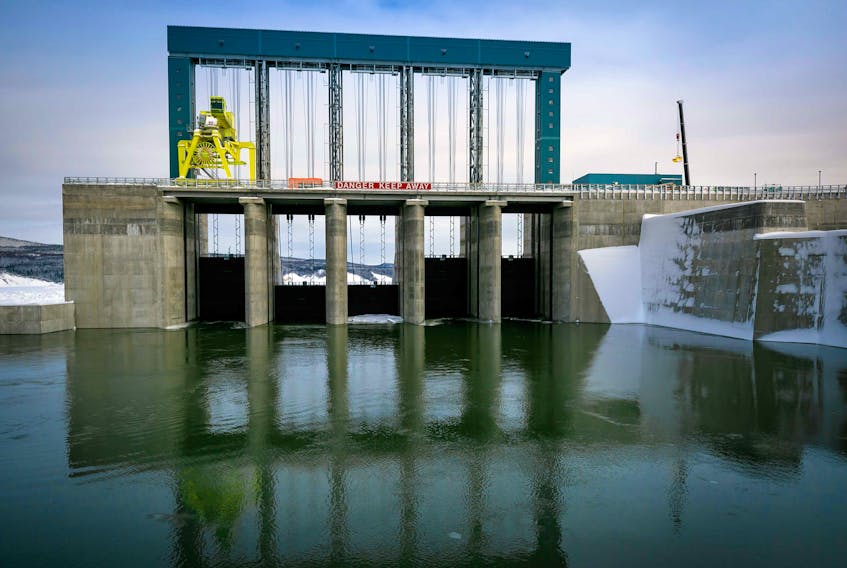By James McLeod
Special to The Telegram
The province’s access to information watchdog has concluded that Nalcor Energy does not need to release any additional information about Muskrat Falls embedded contractors, but suggested legislative change might be a good route to provide more public information.
According to a report by the Office of the Information and Privacy Commissioner (OIPC), Nalcor was justified in withholding embedded contractor billing information and company details because a key provision of the Energy Corporation Act gives Nalcor a lot of leeway to keep commercially sensitive information secret.
Last summer, The Telegram requested information about “embedded” consultants who provide management services on the Muskrat Falls project.
Nalcor employs hundreds of these contractors; they make up roughly 90 per cent of the Muskrat Falls project management team.
These contractors have Nalcor email addresses and work in Nalcor’s offices alongside regular employees, but they’re not subject to the same sort of disclosure as regular employees.
On average, embedded contractors cost Nalcor more than $900 per day, according to previous Nalcor disclosures, but the company won’t say exactly how much individual contractors cost because that could harm Nalcor’s position, or it could put the contractors at a competitive disadvantage.
In response to The Telegram’s initial request, Nalcor provided the names, job titles, email addresses and the number of hours invoiced by embedded contractors, but the government-owned energy company refused to give dollar figures for hourly or daily billing rates.
Nalcor also refused to reveal the names of the companies that these embedded contractors work for, claiming it would violate the contractors’ personal privacy by revealing their employment history.
The Telegram appealed Nalcor’s decision to the OIPC, and when it comes to the personal privacy concerns, the OIPC concluded that Nalcor’s argument is not valid.
“It does not constitute an unreasonable invasion of personal privacy to disclose the names of the companies associated with each of the embedded contractors, along with the names of the individuals,” the OIPC report said.
Moreover, the OIPC concluded that issues surrounding Nalcor’s Muskrat Falls project are clearly in the public interest.
“It is difficult to conceive of another instance where the public interest could more conceivably require exposure of the activities of a public body to public scrutiny,” the report says.
But any public disclosure about embedded contractors runs up against the “all-encompassing” section of the Energy Corporation Act that deals with “commercially sensitive information.”
The Energy Corporation Act, which is the law which creates Nalcor and gives it all its powers and mandate, says the company should withhold information “relating to the business affairs or activities” of any other company that Nalcor works with.
The OIPC ruled that billing rates of contractors would clearly apply, and that because broader information previously released by Nalcor could be used to calculate roughly how much individual contractors bill, individual company names tied to specific contractors should also be kept secret.
In its report, the OIPC noted that in 2008, then-premier Danny Williams said these “very, very narrow restrictions” in the law are only there so Nalcor could enter into partnerships with “major corporations around the world” who wouldn’t do business with Nalcor if their financial information were subject to public disclosure.
“The situation here bears no resemblance to that scenario,” the OIPC report said.
Premier Dwight Ball has already said the situation with Nalcor’s use of embedded contractors doesn’t pass “the smell test,” and he has mused about changing the law to force greater disclosure. That’s a move that the OIPC appeared to encourage in its report.
“It appears the only solution to this unintended differential treatment of similarly situated employees is via legislative amendment,” the OIPC report said. “Legislation often leads to unanticipated results. The ability to amend legislation ensures that unintended consequences are not permanent.”
Neither Nalcor Energy nor Ball would comment in response to the OIPC report.









